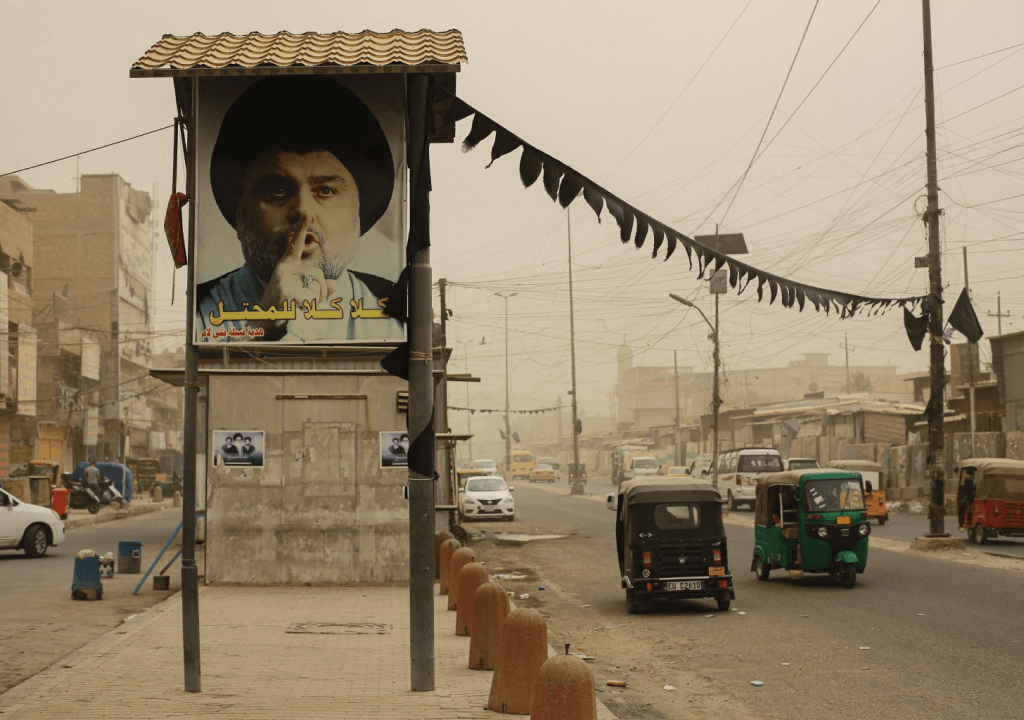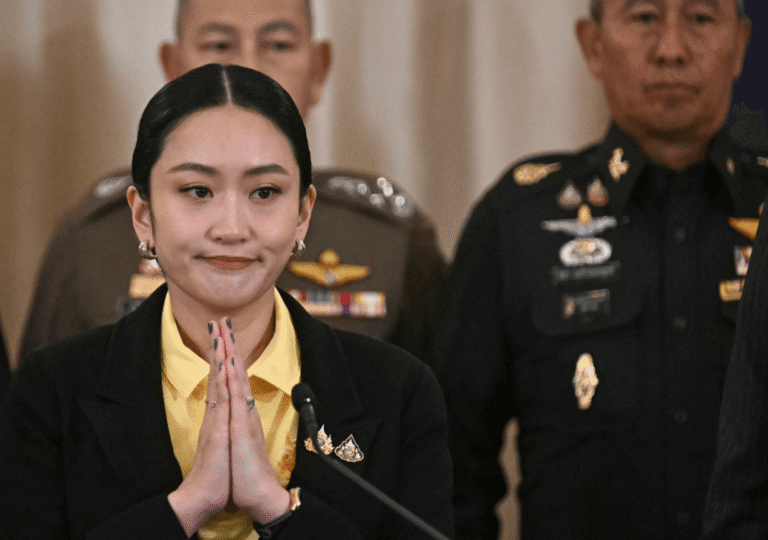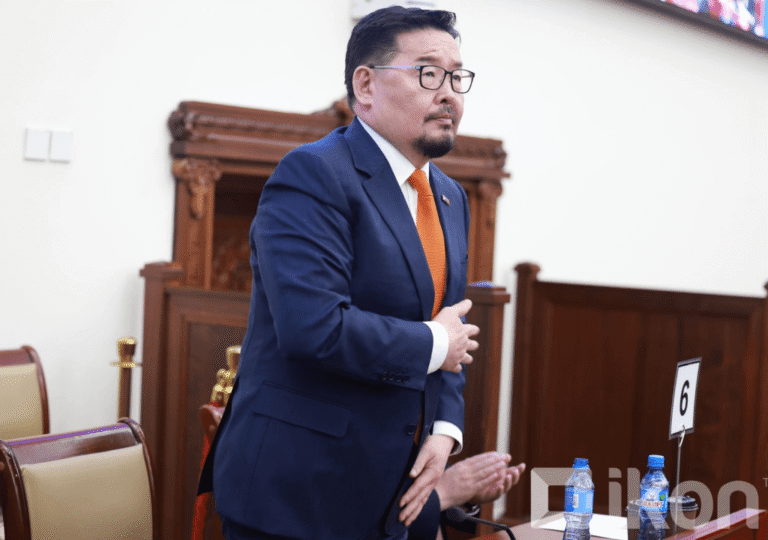Iraq is in the midst of a power struggle between two power houses: one is their neighbor, the Islamic Republic of Iran, and the other is the United States. Both parties are heavily interested in this country, which is divided between Shia, Sunni Muslims, and Kurds, situated in a volatile location in the Middle East. After turbulent years under Saddam Hussein and a subsequent power vacuum, Iraqi politics became heavily influenced by Iran due to the rise of Shia-based political parties. The interests of Shia, Sunni, Iran, and the US have led to the near disintegration of the state, with the country nearly fragmented and the northern Kurdish territory almost functioning as an independent nation. However, in recent years, it is noted that this Shia-majority country is shifting away from Iran-oriented politics. Many believe that Iraq is drawing closer to the US and distancing itself from Iran.
Iraq operates as a federal parliamentary representative democratic republic. It follows a multi-party system where executive authority rests with the Prime Minister of the Council of Ministers, serving as the head of government, and the President of Iraq, who serves as the head of state. The Council of Representatives holds legislative power. Abdul Latif Rashid, an ethnic Kurd, currently holds the presidency, wielding significant executive authority. He appointed the Council of Ministers, functioning as the cabinet or government. Mohammed Shia’ Al Sudani, a Shia leader, serves as the current prime minister. Despite its democratic framework, Iraq exhibits signs of an increasingly authoritarian regime. But As regional tensions escalate, Washington will enhance its relationship with Iraq and may consider Iraq’s prime minister Mohammed Shia al-Sudani as a potential intermediary in its dealings with Iran.
Both the United States and Iraq find themselves in a period where they need each other. Al-Sudani recently visited Washington, DC, meeting President Joe Biden and other top US officials. From the White House, al-Sudani addressed the regional tensions and expressed his encouragement for all efforts to stop the expansion of the conflict area. Iraqi officials state that their country was among a handful informed by Iran of the attack on Israel, which followed an Israeli strike on the Iranian Embassy in Damascus. For the US, the Iran-Israel clash highlighted the necessity of maintaining US troops in Iraq for the time being and emphasized the need for the Iraqi government to do more to prevent Iraq from being used as a base of operations against the US and Israel by Iran and allied groups. More than 20 years after the US invasion of Iraq in 2003 aimed at removing former leader Saddam Hussein, 2,500 US troops are still stationed in the country, primarily undertaking counter-ISIL (ISIS) roles. Amid regional tensions, al-Sudani appears to prioritize Iraq’s domestic issues, and aims to attract investment in the country’s private sector. Iraq’s economy remains highly reliant on the United States and its financial infrastructure. Al-Sudani is advocating for fewer American restrictions on the Iraqi banking system, increased investments, and enhanced security ties.
Iran-aligned groups, such as the militias that constitute the Islamic Resistance in Iraq (IRI), pose a threat to both Iraq and US troops stationed there, with many expecting them to become the next al-Qaeda. US troops became targets in the aftermath of Israel’s war on Gaza. There is reason to fear Iran-aligned groups in the country remobilizing if regional tensions expand. Finding a balance between Iran’s influence and US interests is not easy, with al-Sudani pushed to call for a complete withdrawal of US troops in January, seemingly in response to some 53 US attacks on Iran-aligned groups in Iraq. It’s made clear that al-Sudani doesn’t want to provoke enmity with Iran either. However, his warming connection with the US suggests a weakening of Iran’s control over Iraqi politics. Iraq is set to hold elections in 2025, and the prime minister needs the support of his domestic backers as well as the US if he wants to renew his mandate.
As for the US, Biden will have both domestic and regional concerns regarding Iraq. The Biden administration is seeking to counter Iranian influence in Iraq at a regional level. The US would seek commitments to ensure Iraq’s sovereignty by minimizing Iranian influence across all levels of decision-making, including politics, economics, and security. And the US will aim to persuade al-Sudani to cooperate with US allies in Erbil, the capital of the Kurdish region of northern Iraq. In the last six months, officials from the Kurdish regional government have made several visits to Washington, aiming to enlist the Biden administration’s support in mediating with Baghdad. The Kurdish leaders generally view Sudani favorably and see him as genuine in his efforts to resolve Baghdad-Erbil issues.
Iraq, one of the oldest places of civilization, has the third richest oil reserve after Saudi Arabia and Iran. However, it’s true that the country has never fully utilized its potential. There are many blames attributed to the United States, who removed Saddam Hussein for his alleged weapons of mass destruction. Iran has also been blamed for pushing its interests and causing political turmoil in the country. Islamist organizations like Al-Qaeda and ISIS also played a role in the destruction of Iraq. There are many parties to blame, but ultimately, the people are the ones who suffer the most, and they witness the failing of their beautiful state. However, recent developments in politics, moving towards a more neutral stance and cooperating with the United States and its wealth, offer hope for improvements in Iraq.








